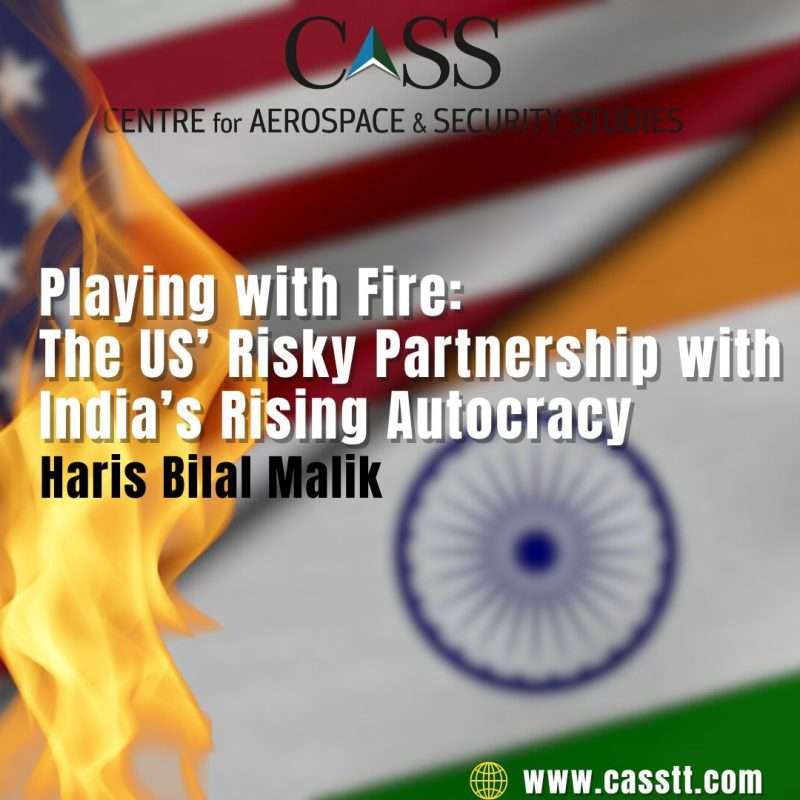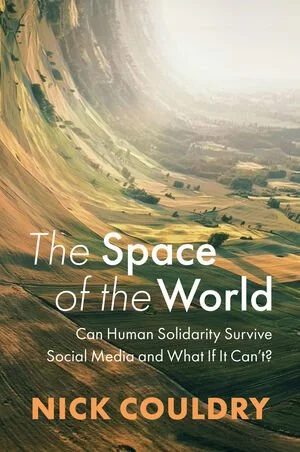The United States-India partnership is often projected as one based on ‘shared values of freedom, democracy, human rights, inclusion, pluralism, and equal opportunities for all citizens.’ At the core of this narrative lies the leadership of India’s Prime Minister Narendra Modi. Revered by some as a dynamic reformer and criticised by others for his leadership style, politics of hate, eroding democratic foundations, curbing civil liberties, and perpetrating discrimination against religious and ethnic minorities.
India’s democratic trajectory has witnessed unsettling trends under his tenure. Media censorship has cast a shadow on open discourse, as independent voices are stifled, and media outlets are pressured into towing the official line. The role of the fourth estate, crucial for holding policymakers accountable, is increasingly constrained, weakening the democratic checks and balances that form the cornerstone of a healthy society. Activists, scholars, and journalists who dare to question the status quo often find themselves facing not just criticism, but legal repercussions or even worse, violent reprisals. Introduction of the controversial Citizenship Laws has exacerbated concerns regarding inclusivity. The vibrancy of civil society, which should ideally thrive on open dialogue, is at risk, as citizens, daring to express concerns, find themselves confronted with a tightening grip of the authorities. This growing divide between the government and its people has culminated in a disquieting surge of violence and intolerance, undermining the social cohesion that democracy seeks to nurture.
The US, historically and internationally, has positioned itself as a beacon of democratic principles and human rights. Endorsing the Modi-led government that undermines these values risks tarnishing the country’s reputation and global credibility, eroding the moral foundation of its foreign policy. The very essence of diplomatic engagement lies in influencing positive change, and as such turning a blind eye to democratic erosion taking place in India contradicts the very ideals that the United States seeks to uphold. Furthermore, by lending support to a government that marginalises minorities and stifles dissent, the US risks being complicit in the erosion of democracy. This endorsement could send a demoralising message to those struggling for democracy within their own nations, thereby diluting the efficacy of US advocacy. The global community has often turned to the US for leadership on principles of civil liberties and human rights. Aligning closely with leaders who may not fully embody these ideals could be met with scepticism, influencing the perception of international efforts to champion these principles.
Contrary to the notion of a partnership rooted in shared democratic values fostering stability, the reality is murkier. This alliance has the potential to create a façade of stability across the Asian region. Rather than genuinely advancing democratic principles, this partnership might be leveraged primarily to serve strategic interests, thus sidestepping the actual growth of democratic norms and stability in the region. Mounting tensions between India and its neighbouring countries, particularly Pakistan and China, present a formidable regional challenge. Unless handled with utmost caution, the US-India partnership runs the risk of exacerbating regional instability, potentially leading to repercussions for global security and stability. Unfortunately, there is lack of critical engagement by the White House with India’s leadership on matters concerning democratic governance and human rights. For example, India is not in the US State Department’s ‘Countries of Particular Concern’ or ‘Special Watch List’ despite the fact its own annual report on human rights practices has listed ‘significant human rights issues’ and abuses in India, including reported targeting of religious minorities, dissidents and journalists.
As India approaches its upcoming election season for 2024, apprehensions arise about political manoeuvring overshadowing genuine democratic processes. For years, Indian scholars and domestic civil society advocates have expressed concerns over India’s perceived shift towards autocracy. The V-Dem Institute’s 2023 assessment categorised India as an ‘electoral autocracy.’ On top of this, alarms have been raised about how the upcoming G-20 in Delhi this month is being manipulated ‘as an opportunity to seek political and electoral gains before the upcoming national elections’. Using a platform like the G-20 for personal or party-specific gains indicates how India, more specifically Modi, is prioritising domestic political narratives over global economic imperatives.
The US, in its commitment to human rights principles, stands at a crossroads in its engagement with India. Narendra Modi and his brand of authoritarianism, which shows increasing tendencies towards autocracy, should not be overlooked nor underestimated. The patterns of media suppression, sidelining of civil society, and policies that deliberately target minority communities, suggest that India’s secular trajectory will continue to deteriorate. It is paramount for the US to exercise caution and circumspection in its dealings with the Modi administration. As the unsettling trends of religious polarisation and extremism in India are likely to intensify, the US should re-evaluate its approach and prioritise its foundational commitment to democracy and human rights.
Haris Bilal Malik is a Research Assistant at the Centre for Aerospace & Security Studies (CASS), Islamabad, Pakistan. He can be reached at [email protected]
Design Credit: Mysha Dua Salman





